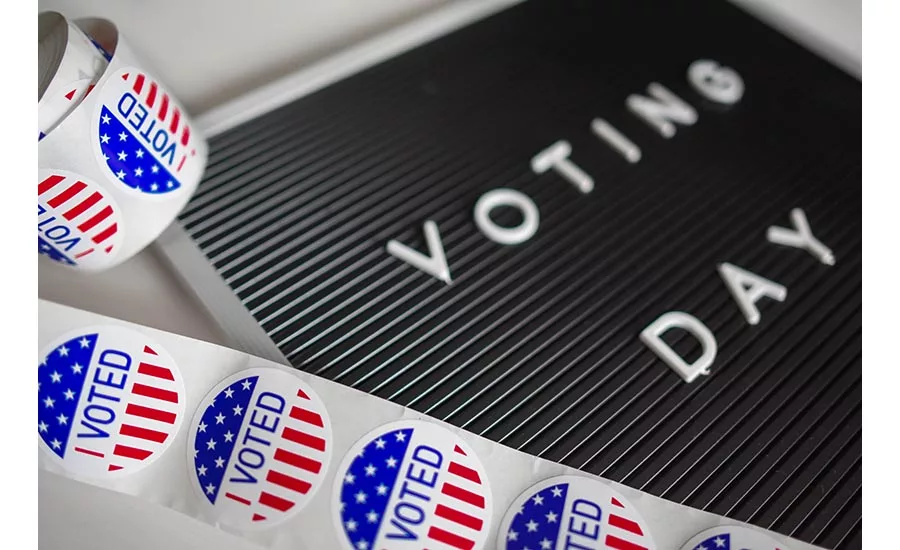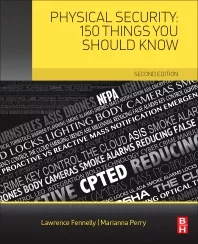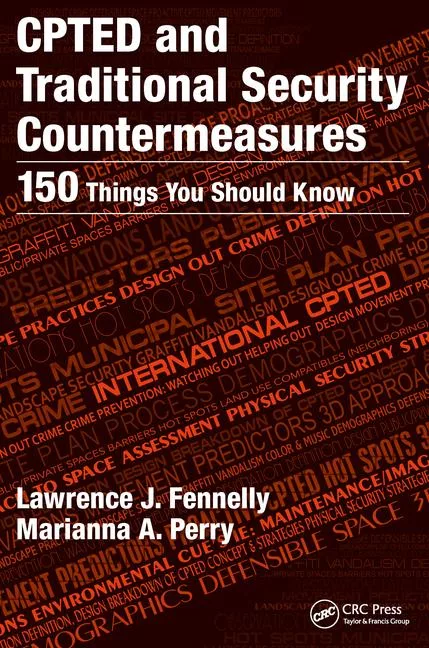You Cast Your Vote…Or Did You?

Of late, much has been written regarding the dangers of electronic voting machines and how their security controls are either lacking or non-existent, leading to potential voter fraud or changes in how ballots are cast.
Let’s face it, there’s almost nothing more American than going down to a polling station to cast a ballot for our favorite candidate(s). For those that can still remember, this all used to be done via paper (remember the hanging chad?) but those days are, for the most part, long gone. Paper has since been replaced by electronic machines that allow us to cast our ballot in a quick and efficient pattern. But at what cost?
Many of these machines have been found to be susceptible to tampering either electronically or physically. These vulnerabilities place into question whether votes are being placed or if extra votes are being entered into the system. As a result, there are questions about the accuracy of the vote, and whether or not the person who wins at the polls did so in a legal fashion.
On the surface, some tampering here and there may not seem all that important, but when looked at on a state or national scale, the issue becomes quite troubling. Imagine if a candidate was elected and then it was later discovered that voting machines had been tampered with on a wide scale and that as a result the election had to be called into question. Imagine what that type of event would do to our democracy? And it would only snowball from there. More and more elections would be called into question and there would be turmoil in the entire country. What was real and what wasn’t is what everyone would be asking.
Protecting Yourself
So how do we protect ourselves and our vote? How can we help our employees to cast their votes?
Examples of things to do include, but are not limited to:
- If the machine has a visible seal on it, look at the seal and determine if it looks like it has been tampered with. Has it been peeled back, are the corners frayed, does it show “Void” like it has been removed and put back? If so, these are things that you need to immediately point out to the poll workers so that the machine can be taken out of circulation and you can be assigned a new machine to use to cast your vote.
- Does the machine have any wires sticking out of it that seem out of place? Remember, this should be a sealed unit with no wires showing. If so, it’s time to point this out to the poll worker.
- Last, does the machine exhibit any strange behaviors while you’re using it? Does the screen constantly flicker? Do selections seem to switch or not be assigned properly when you select them? If so, step away from the machine and swiftly notify a poll worker of the irregularities that you’re seeing.
Wait…What About the Voting Websites?
While the voting machine scenarios mentioned above may seem farfetched to some, compromising a website is something that happens every day, even to the largest, most sophisticated companies. If states and the federal government don’t begin to take the security of these websites more seriously, there are likely to be real breaches that impact real elections.
As an example of what could happen if things aren’t taken more seriously, children at Rootz during Def Con were able to compromise facsimile voting sites and list people such as Kim Jong-Un as candidates for public office in a state’s elections, sometimes in a matter of minutes. Now, just imagine if the site had been real.
It may not be a lone hacker that takes these sites down or alters them, but nation state actors, with the means, capability and the capacity to do that very thing through coordinated attacks against state or even federal government sites.
Protecting Ourselves and Our Employees
We can be protected when using an elections website just like we would when we are using a home banking website. Use strong passwords (if they are required), look for anomalous behavior on the part of the website and make sure that the data that the site is showing seems accurate and legitimate.
If anything seems off, contact your state or federal elections officials and notify them of the issues that you’re seeing. Remember, while it may be a false alarm, it may not be and you may have been the first person to notice the issues on the site.
Find My State or Local Election Office Website: https://www.usa.gov/election-office
Looking for a reprint of this article?
From high-res PDFs to custom plaques, order your copy today!







